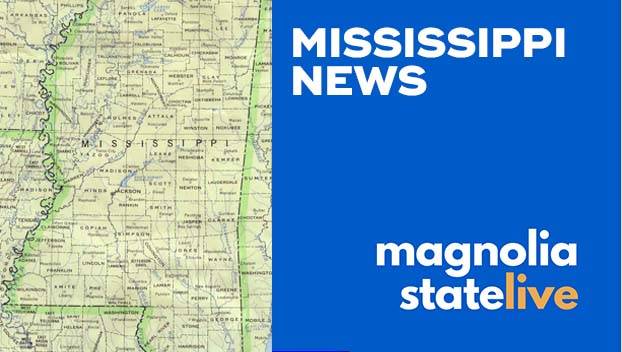Column: Now isn’t the right time for Mississippi to expand Medicaid
Published 11:45 am Wednesday, April 29, 2020
Healthcare is complicated. But during the current coronavirus outbreak, healthcare policy goals are very simple: How do we increase the supply of healthcare for those who need it most? And how do we increase access to healthcare to those who need it most? Right now, the real challenge is prioritizing very limited healthcare resources.
The people who need care the most are, obviously, patients who are suffering life-threatening complications from the coronavirus. Care must also be prioritized for those who have other life-threatening events, such as a heart attack, a stroke or an auto accident. Seen in this light, it becomes clear that calls to expand Medicaid to able-bodied adults are, not only a sorry example of political opportunism, but an immoral and wasteful redistribution of healthcare resources that need to be safeguarded for more vulnerable populations.
One of the most regrettable things about the Obamacare Medicaid expansion is that it provides a 90 percent federal match to states that expand Medicaid insurance to low-income, able-bodied, working-age adults. That’s right – the expansion only applies to adults who either can work or are working and who are not disabled, not elderly and who do not have children. Given that we have disabled children and elderly people on a Medicaid services waiting list, one would have thought that D.C. would have provided a 90 percent match to cover these patients.
No doubt, able-bodied adults without insurance are at-risk of catching the coronavirus. But they are not, by definition, a high-risk category. Moreover, these individuals already have access to a vast array of other government welfare programs, such as SNAP (food stamps), Obamacare health insurance exchange coverage, and the federal earned income tax credit (EITC). The federal government fully funds each of these three programs.
Consider also that subsidized health insurance exchange coverage is already available to people who earn between 100 percent and 400 percent of the federal poverty level. If Mississippi were to expand Medicaid, this subsidized coverage would disappear for anyone earning between 100 percent and 138 percent of the federal poverty level. Again, this coverage is fully funded by the federal government. In addition, Mississippi has one of the highest EITC participation rates in the country. As of December 2019, more than 350,000 Mississippi individuals and families received $1 billion in ETIC subsidies. This number will only increase as 2020 wears on.
Likewise, able-bodied, working-age adults will be benefitting in numerous ways from generous waivers and payments being offered by federal and state governments in response to the coronavirus, including a massive increase in unemployment benefits as well as direct cash payments to every American. The federal government is also waiving all current SNAP work requirements, providing supplemental SNAP benefits, expanding school meal and other food service programs, providing hundreds of millions more for the WIC food program, and sending tens of billions more to states to help pay for higher Medicaid costs.
The Trump administration even withdrew a proposed rule aimed at reducing improper Medicaid enrollment and fraud.
Already, we have increased the federal share of Mississippi Medicaid payments by 6.2 percent. This means that the current federal match for Medicaid has increased from a highest-in-the-nation 76.98 percent to a still highest-in-the-nation 83.18 percent. Medicaid, Medicare and private insurers are also being reimbursed to offer free COVID-19 testing and related services. Uninsured patients can get tested at no-cost, thanks to an additional $1 billion set aside.
These payouts were dwarfed by the $2 trillion relief package which includes more than $100 billion for hospitals. The American Hospital Association is demanding billions more and is likely to get it.
Time will tell whether these investments will stimulate the economy or bankrupt the country. What is clear is that states, like Mississippi, will be experiencing budget shortfalls. What is also clear, as demonstrated in state after state that has expanded Medicaid, is that the cost will be far more than projected. These costs, however, are only monetary. We have to acknowledge the human cost of expanding Medicaid. Gold-standard research shows that expanding Medicaid increases the demand for healthcare services while delivering no improved physical health outcomes. Expanding Medicaid won’t make people healthier.
And it won’t get better care to people who have the coronavirus. Let’s save the debate over Medicaid expansion for after this crisis passes and instead focus on solutions we know will work.
Dr. Jameson Taylor is Vice President for Policy for the Mississippi Center for Public Policy, the state’s non-partisan, free-market think tank.
More News






